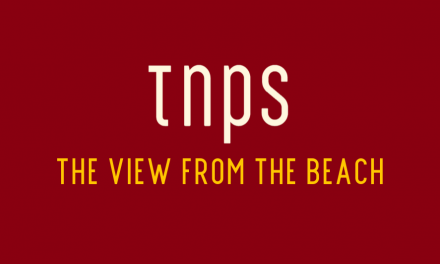It sometimes seems like the US book market and the rest of the world are on different planets.
“Capitalizing on Book Publishing Trends in 2019” is the title of a free webinair from Book Business later this month. I did think about signing up, but when they wanted my address and telephone number as compulsory for the free registration I gave it a pass.
But about that webinair…
In many ways, the publishing trends of 2019 are likely to follow the broader patterns seen in the past 10 years – the rise of small publishers, digital platforms, and new formats. In other ways, the publishing world has seen, and will continue to see, a backlash to those trends in 2019.
This webinar is designed to share insight on trends can help publishers , authors and book manufacturers get a sense of where things are headed in the years to come. Industry experts and your peers will share perspectives on:
What proportion of adults will read books in 2019?
Are ebooks continuing to grow?
Are independent bookstores hurting?
What is the future of e-reading?
Will Indie publishers dominate the market?
Is digital fatigue a reality?
Okay, so these questions are intended to stimulate debate, but seriously, are we still asking dumb questions about the future of e-reading and if digital fatigue is real?
Just weeks ago OverDrive reported a quarter billion downloads of ebooks and audiobooks in 2018 from digital libraries.
Scribd just reported it has passed the one million subscriber mark.
Netflix and other streaming services go from strength to strength. Storytel will launch in its 18th and 19th markets this spring.
And all this happening as many publishers report record revenues and profits, with print holding steady or even increasing, while ebooks begin to revive and audiobooks soar.
Let’s put this nonsense about digital fatigue and screen fatigue in the same category as the Flat Earth debate and let the reality-challenged play in their imaginary sandbox while we deal with the real world.
This weeks the screen fatigue debate became even more distanced from reality as Storytel announced it was acquiring the digital newspaper subscription service Ztory.
Founded in 2013 by Nima Samimi, Staffan Svantesson, Daniel Malmqvist and Martin Samami, Ztory is a,
digital subscription service for primarily newspapers and magazines but also for digital children’s books. The customers can read unlimited content in the Ztory app for SEK 99 a month.
Storytel of course famously bought out Mofibo and has long been delivering written word content alongside its audiobooks. Storytel even has its own ereader.
Now Storytel wants to deliver even more written words.
This past week Storytel continued its mission to deliver books to consumers in formats they want. Print, ebook or audiobook.
And what better place to listen to an audiobook or read an ebook than on a plane?
Or at least a plane of Norway’s Norwegian airline.
Members of Norwegian Reward will be able to earn 10% CashPoints every month on their Storytel subscriptions that provide access to over 120,000 audio and e-books. Earned CashPoints can be used to buy air travel and additional services at Norwegian. In short, passengers flying with Norwegian within Europe will also have access to a selection of Storytel’s audio and e-books through the Norwegian’s WiFi portal on board.
Meanwhile the Hollywood Reporter tells us that,
Spotify has struck deals to carry a number of shows on its platform as a competitor to Apple’s Podcasts app and has also commissioned a handful of originals (and further that) Spotify is in talks to acquire Gimlet Media, as it sets its sights on becoming a bigger player in the podcasting space.
Screen fatigue? Digital fatigue. Wishful thinking from some quarters, perhaps. But the reality is we live in a digital age. Consumers want choices, both in the content available to them and in how and where they can consume that content.
The debate we need to be having is not about digital fatigue or the future of e-reading, but how we can best give consumers a full range of choices and options that will benefit consumer, content supplier and publisher alike.




